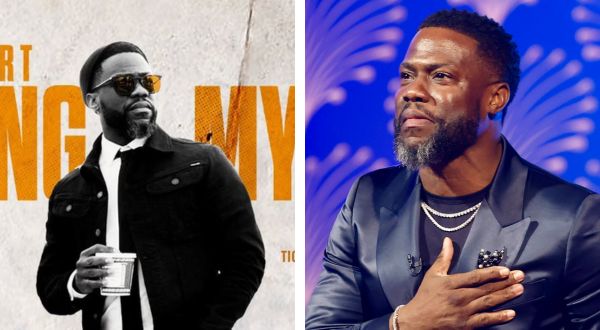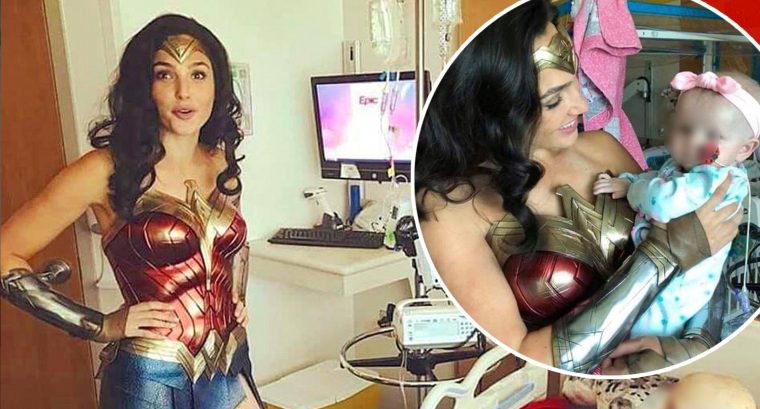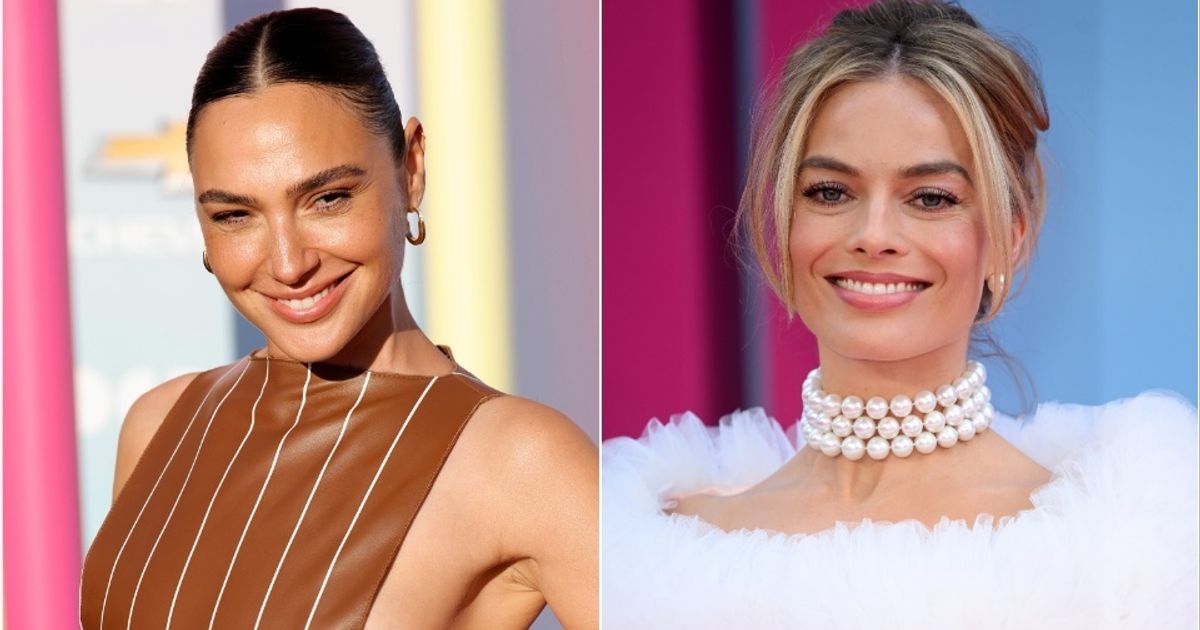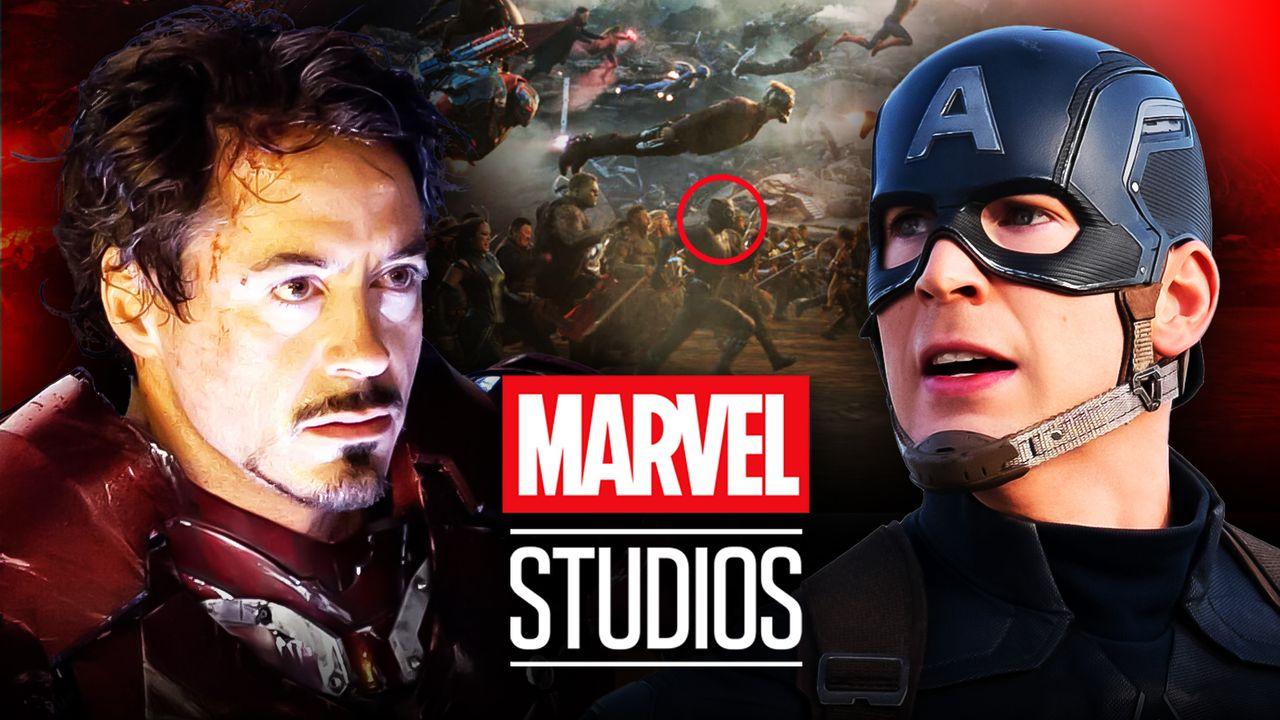
The team behind VFX Studio Perception talked about why it’s challenging to include hidden MCU Easter eggs.
It has been a common tradition for fans to pinpoint different MCU Easter eggs, especially during trailer premieres and by when taking in the latest Marvel movies and shows.
Some even used Easter eggs as a means of speculation of what’s next for the MCU while also tying past events into future projects.
Marvel VFX Artists Reflect on MCU Easter Eggs 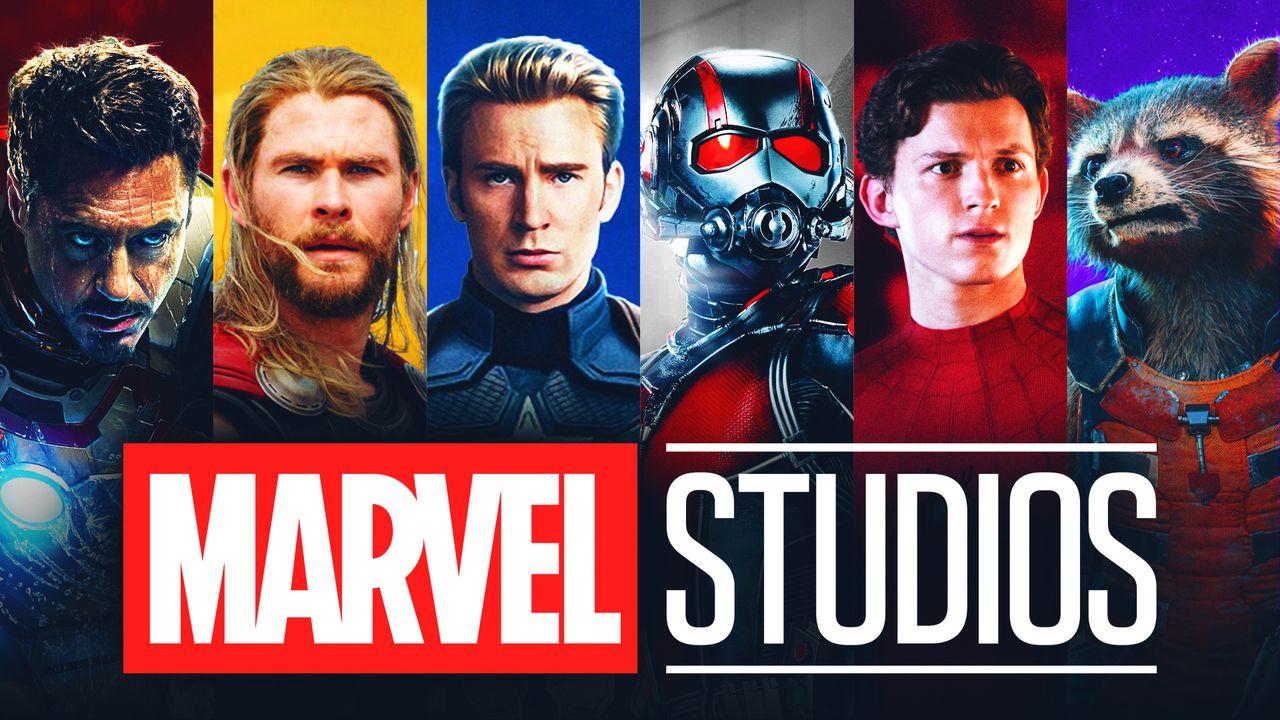
In an exclusive interview with The Direct, VFX Studio Perception explained the creative challenges of creating and hiding Easter eggs in MCU projects.
Perception has been working with Marvel Studios for 15 years now on over 20 projects, including Avengers: Endgame, Captain America: The Winter Soldier, WandaVision, and most recently, Guardians of the Galaxy Vol. 3.
Perception’s Chief Creative Director Doug Appleton admitted that they try to be “very sensitive” about what Easter eggs they include on the Marvel movies that they’ve worked on due to fans who “look at every single frame of everything and rip it apart:”
“We do put easter eggs and things from time to time. We also try and be very sensitive about what Easter eggs we put in there. Because we know there are people like [New Rockstars] and Ryan Arey [of ScreenCrush], that will look at every single frame of everything and rip it apart.”
Appleton then said that being careful of what Easter eggs to include is important since the team doesn’t want to “start some wild speculation” about the MCU’s future:
“And so, especially with this stuff, we try and be sensitive to not put anything in there that might start some wild speculation about the future of the MCU. And we’re just like, ‘Oh, we just thought it was cool to put this costume in that you know, something like that.’ There’s stuff that we’ve done.”
The Perception executive also provided examples of what they try to include on MCU projects, such as comic book issues, issue numbers, and even themselves:
“Anytime we need numbers for something we might do like comic book issues, release dates, and issue numbers and stuff like that to kind of throw in there. Sometimes the Easter eggs we put in there are just for us where we’ve put ourselves in these movies. [In] ‘Captain America Winter Soldier,’ there’s a whole scene where they’re talking about these hydra scientists that are working for SHIELD now, and like every one of those scientists is someone from our office.”
Eric Daly, Perception’s Director of Production, used the end title sequence for The Falcon and the Winter Soldier as an example, noting that the Sokovia Accords has dates and information “that means something in the MCU:”
“In ‘[The] Falcon and the Winter Soldier,’ we did the opening title sequence for that. And when the names come on in there, they’ve been redacted and when they unredact in that animation, there’s often like additional little pieces of information that when they become unredacted and so one of them is the document. The Sokovia Accords. There are pieces of that. One of them is the date from the security footage of Howard Stark getting killed. There are all those little things that, once they get redacted, there’s like a couple of frames of a flash of a piece of information or a date or something like that, that means something in the MCU.”
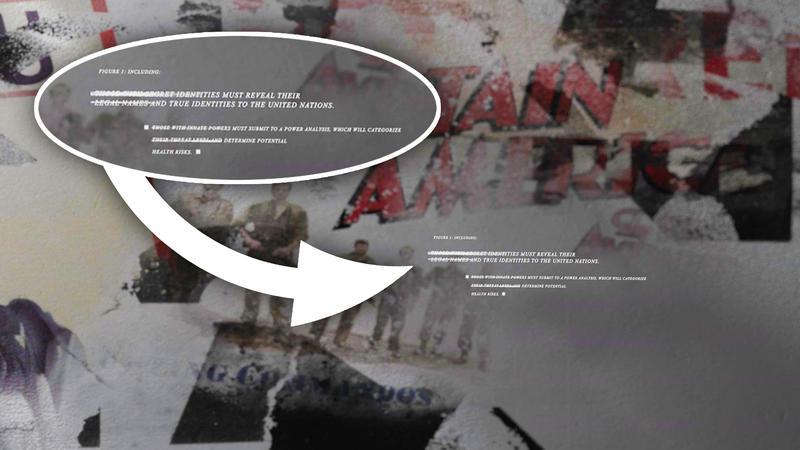
Daly also talked about a specific sequence in Guardians of the Galaxy Vol. 3 where the test subjects of the High Evolutionary were playing a hologram memorization game in the background.
Perception worked on the visuals for said game while also establishing rules on how it will be played, noting the importance of this brief sequence in the movie:
“So there was a little bit of importance [there]. Okay, we can’t just make gibberish here, we have to make some set of rules. So we spent some time working with their VFX supervisor and their team over there, proposing, ‘What if the rules were this? What if the rules were this and then create solutions of like, ‘Okay, maybe the way that you know, the system is set up is, and this thing pops up from here, and then you see something above their heads, and they hit it.'”
Daly explained the extensive process of working with Marvel to perfect the sequence while not “drawing the focus away” from what the High Evolutionary is saying is the “challenge” for the team:
“And over the course of a few different reviews, kind of whittling it down to, ‘Okay, what’s the cleanest, simplest, most clear way to communicate that something’s going on here, without drawing the focus away from what the High Evolutionary say, to some people going what’s happening with that game in the background, because like, we didn’t want to steal the focus, we just wanted to provide additional depth behind it. So I think making rules and logic out of seemingly nothing and chaos was a bit of a challenge there.”
Why MCU Easter Eggs Are Still Important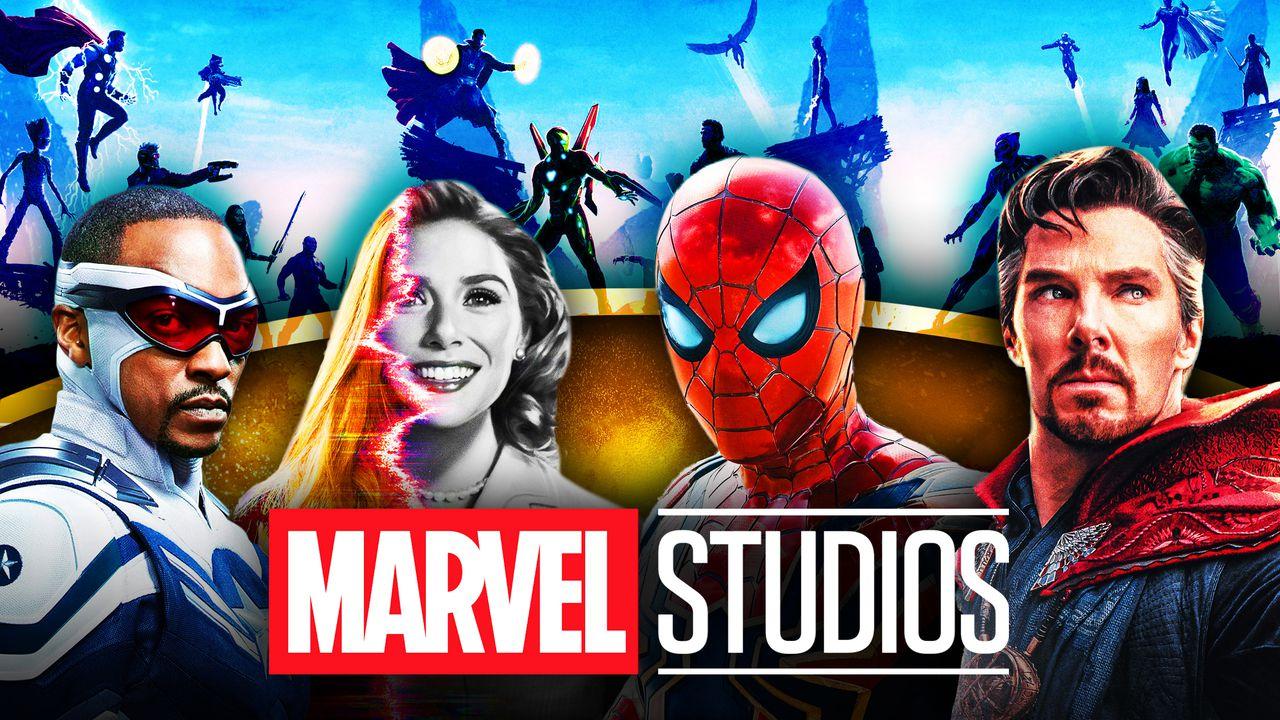
There’s no denying that the MCU’s Easter eggs have been part of Marvel fans’ viewing experience ever since the franchise’s inception.
It’s insightful to hear that VFX Studios like Perception are aware and sensitive about the hidden Easter eggs that they try to include in the movie, considering that one wrong placement could lead to countless theories about the MCU’s future.
While there are some Easter eggs that have deeper meanings in the Marvel realm, the comments from Perception’s team prove that there are such references that don’t contribute to the larger MCU picture.
In fact, instances of wild speculation already happened in the MCU during WandaVision‘s weekly run on Disney+ where many fans theorized about Mephisto’s inclusion. However, the villain didn’t show up, thus disappointing some viewers.
Still, there are fun references that can be seen in the background that cements how much the MCU has come a long way in its world-building. Perception’s work on the hologram memorization game is a good example, mainly because it had a vital and engaging purpose that made viewers think despite being in the background.



